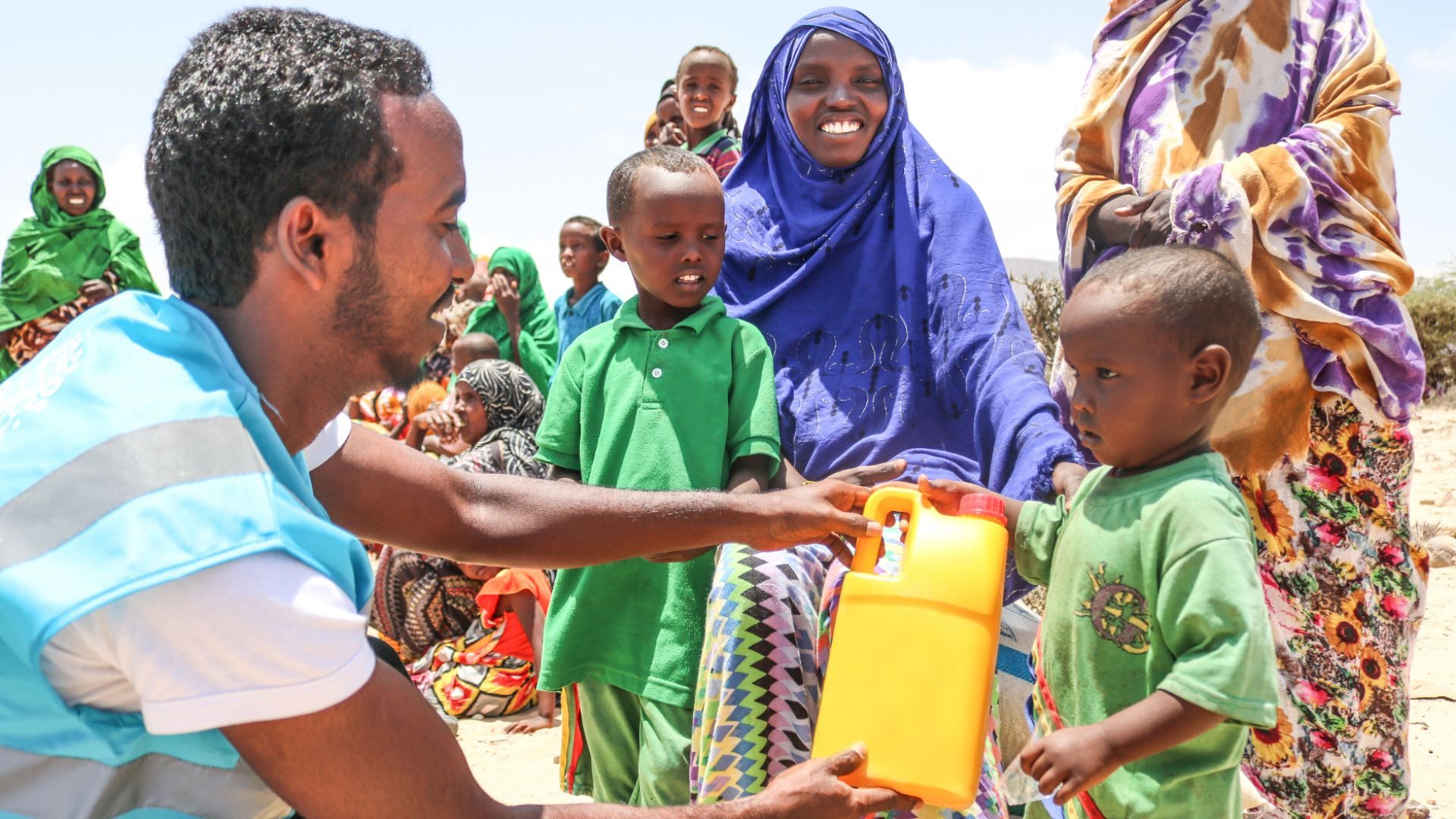Muslims in Kenya prepare for nationwide Eid al-Adha prayers and celebrations.
Ritual animal sacrifices to be performed, with meat shared among families and the poor.
Charitable donations and food distributions planned across cities and rural areas.
Government supports the holiday through public services, security, and sanitation.
Families reunite to share meals, gifts, and cultural traditions.
Kenya Prepares for Eid al-Adha with Prayer, Sacrifice, and Community Giving Across the Nation
A Quick Recap of This Story
A Sacred Occasion Marked by Reflection and Generosity
Eid al-Adha, known as the “Festival of Sacrifice,” is one of the most significant religious celebrations in the Islamic calendar. In Kenya, preparations are already underway as Muslim communities from Nairobi to Mombasa, Mandera to Kisumu, gear up for a spiritually rich and socially impactful occasion. The holiday, which commemorates Prophet Ibrahim’s obedience and willingness to sacrifice his son as an act of faith, is being approached with reverence, prayer, and a renewed sense of community.
National Prayers to Unite Believers
On the morning of Eid, Muslims across the country will gather in mosques, stadiums, open fields, and community halls for congregational prayers. These special prayers—led by imams and Islamic scholars—often begin at sunrise and are preceded by takbir (praise of God) chants. In major cities like Nairobi, Mombasa, and Garissa, thousands are expected to turn out, with local authorities coordinating with religious leaders to ensure security, cleanliness, and order.
County governments, in partnership with local religious councils, have already designated prayer grounds and mobilized public facilities to support the expected high turnout. Social cohesion and peaceful coexistence are central themes in many of the planned sermons, especially given the multi-religious context of Kenyan society.
Animal Sacrifice: A Ritual of Obedience and Sharing
Central to the celebration is the ritual of Qurbani—the slaughter of livestock such as goats, sheep, cows, or camels. This act, carried out by those who are financially able, symbolizes devotion and gratitude to God. The meat is then divided into three portions: one for the family, one for relatives and friends, and one for the less fortunate.
Across Kenya, livestock markets are experiencing a surge in activity, with traders reporting high demand for sacrificial animals. In North Eastern and Coastal counties—where large Muslim populations reside—families are coordinating Qurbani as either individual or group efforts, often involving community-wide planning to ensure that no one is left out.
Charity at the Core of the Celebration
True to the spirit of Eid al-Adha, charity is taking center stage. Various Muslim organizations, mosques, and youth groups have planned large-scale distributions of food, clothing, and meat to orphanages, refugee camps, hospitals, and low-income neighborhoods. It is not just about ritual—it’s about compassion, dignity, and uplifting those in need.

In urban slums and rural settlements, efforts are being made to ensure that vulnerable households can also take part in the celebrations. Non-Muslim Kenyans, too, often join in these acts of kindness, helping promote interfaith solidarity and mutual respect.
The Role of Family and Culture
While Eid al-Adha is deeply religious, it is also a time of bonding and joy. Kenyan Muslim families use the occasion to reconnect with relatives, share festive meals, and dress in their finest clothes. Traditional dishes like biryani, pilau, samosas, and mutton stew are prepared in abundance. Children receive gifts and money, and extended families often travel long distances to be together.
In coastal towns like Lamu and Malindi, Eid festivities are accompanied by Swahili cultural performances, poetry readings, and evening parades, adding a unique flavor to the celebrations. For many, the day is not just about sacrifice but also about honoring heritage and community identity.
Government Support and Public Holiday Declaration
The government of Kenya traditionally declares Eid al-Adha a public holiday, allowing Muslims across the country to observe the day without work obligations. This year, authorities are once again working closely with Muslim leaders to facilitate smooth observance of the holiday, especially in large cities where logistical challenges like traffic and crowd management require extra attention.
Security agencies will be deployed to major prayer grounds, and public transport operators are preparing for an uptick in demand, particularly in regions with high religious activity. Local administrations have also issued waste management directives to deal with the remains of sacrificed animals hygienically and respectfully.
Looking Ahead: Unity and Faith in Times of Hardship
This year’s Eid al-Adha arrives at a time when many Kenyans are grappling with economic hardship, high cost of living, and political uncertainty. Yet the holiday offers a moment of spiritual grounding and social compassion. Through acts of worship and giving, Kenyan Muslims are reaffirming their faith, resilience, and responsibility to society.
As the call to prayer echoes through neighborhoods and the aroma of shared meals fills the air, Eid al-Adha in Kenya remains not just a celebration, but a powerful reminder of sacrifice, humility, and human dignity.

0 comments
Be the first one to comment, but before that...
Here are some best practices for writing comments: